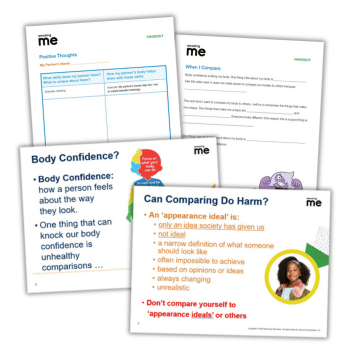Check Mate – Reduce Your Workload And Stress Levels With Checklists

'Box-ticking exercises' are typically the bane of many a teacher’s day – but as Harry Fletcher-Wood explains, a good checklist is the best friend a teacher can have…

I began using checklists after reading Atul Gawande’s The Checklist Manifesto, because I felt they could help me to do my job more effectively and efficiently – and they did.
I found them so useful, in fact, that I soon started using them for other aspects of teaching, and eventually even wrote a book of my own on the subject to share their merits with fellow teachers. While writing the book and reflecting further upon the helpfulness of checklists, I came to see how many additional advantages they offered – one being a way to reduce workload and stress.
Key points
At their simplest, checklists help me to ensure the most important things have been done at key points. Remembering to highlight the purpose of a lesson to students, or check that you’ve got all the worksheets you need at the start may seem obvious – they are – but that doesn’t stop me from occasionally forgetting to do those tasks at times when I’m under pressure or tired.
Going over a checklist has helped me to avoid such foolish mistakes and made my lessons more successful as a result. Also, I found the more I followed these checklists, the more my workload began to diminish. Here’s how they helped:
1. Creating a checklist means choosing what not to do Let’s say you’re writing down a checklist of the key things you need to include in every lesson. You decide that every lesson must have an objective, new content, a hook, independent work and an exit ticket, and commit to ensuring you have these things ready before you teach.
In doing so, you’re also committing to not having to do anything else. You may choose to, but you’ve set your standard. Anything beyond what’s on that list is a bonus.
2 Following a checklist means focusing on the most important tasks I’ve spent hours in the past researching niche points and perfecting particular worksheets, when really all I’m doing is polishing a very minor part of a lesson.
Following a checklist will help you stay focused on the most important tasks, keeping you from distractions and detours while ensuring you’re using your time wisely.
3. Checklists protect us from random requests It’s a lot easier to say no to last-minute requests from colleagues and leaders if you’re very clear what your priorities are and what you’ll be doing instead. Telling someone that you’re ‘really busy’ may be truthful, but it can sound unconvincing or even rude. Sometimes it seems easier to do what they’ve asked, even if it puts a dent in your evening.
Saying instead, ‘I have three key things to do on today’s checklist. I can get to this once they’re finished, if that’s OK?’ is easier and more convincing.
4. Checklists help us feel better about what we’ve left undone We can never get everything done that we might want. Our students’ needs are infinite, but our time and resources most certainly are not. I have a stressful day ahead tomorrow, going into it knowing that I’ve ticked everything off my checklist allows me to relax more the night before.
After all, I’ve done everything I was smart enough to think to do. If there’s anything I wasn’t smart enough to think of in the first place, then I’m unlikely to figure it out at 11pm, – so I can get some sleep.
Checklists have made my life substantially easier, in that they’ve helped me to use my time more wisely and made work less stressful. I hope that adopting them might help you too.
 Harry Fletcher-Wood taught in Japan and India before training with Teach First and spending six years in London schools; his current role involves researching teaching to help improve Teach First’s effectiveness. You can read his blog at improvingteaching.co.uk and follow him at @HFletcherWood
Harry Fletcher-Wood taught in Japan and India before training with Teach First and spending six years in London schools; his current role involves researching teaching to help improve Teach First’s effectiveness. You can read his blog at improvingteaching.co.uk and follow him at @HFletcherWood
Harry’s book, Ticked Off – Checklists For Teachers, Students, School Leaders, is available now from Crown House Publishing, and contains further information and ideas on how teachers can make use of checklists, how they can be put into practice, and some sample checklists for teachers to try











